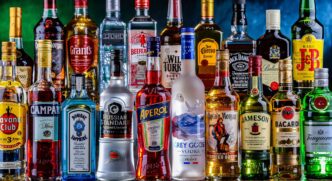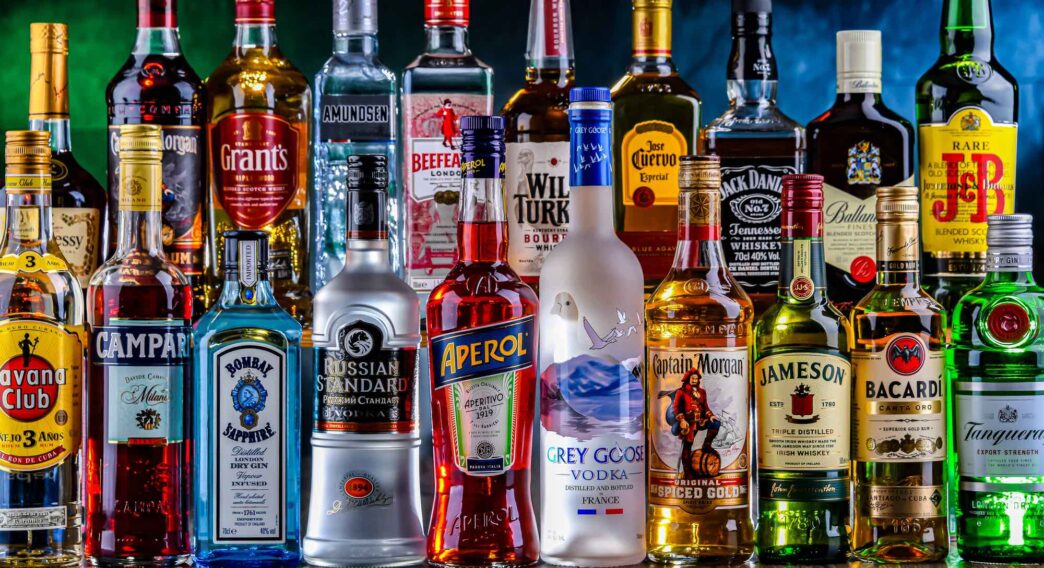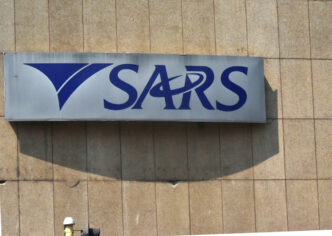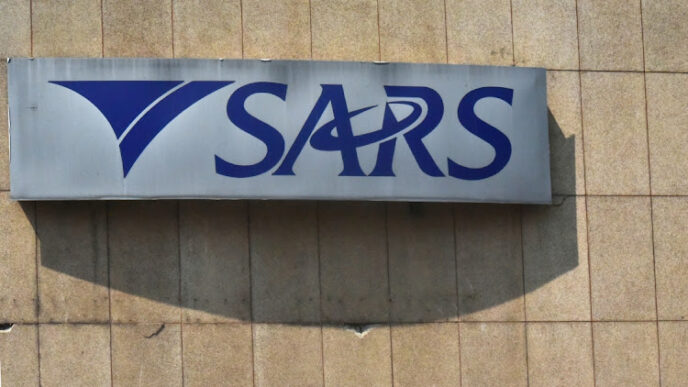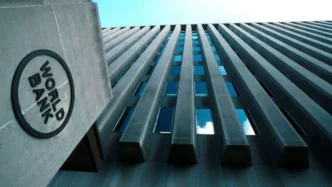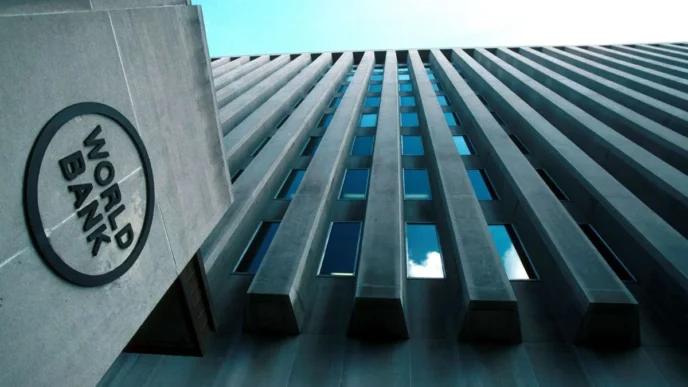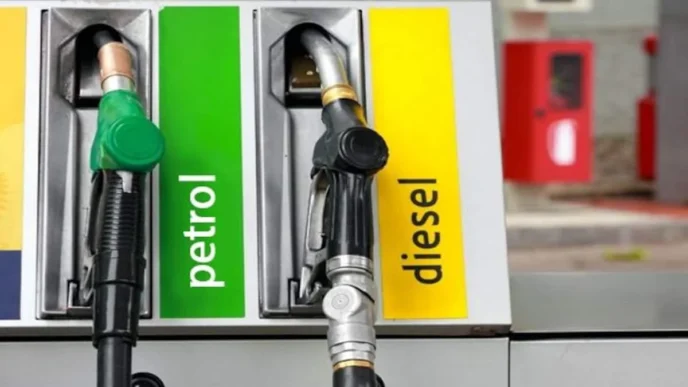South Africa’s battle against organized crime has taken a grim turn as government tax policies unintentionally empower criminal syndicates, funneling an estimated R11 billion annually into illicit markets. The crisis stems from above-inflation “sin tax” increases on alcohol, which have driven legal traders toward black-market alternatives, according to Tax Justice South Africa. This unintended consequence has turned state revenue strategies into a lucrative opportunity for criminal networks, disproportionately harming small businesses and vulnerable consumers
.
The issue highlights deeper flaws in combating financial crime. Despite high-profile recoveries like the R1.1 billion McKinsey settlement in state capture cases, authorities struggle to intercept criminal proceeds from sectors like illicit alcohol trade. Experts argue that systemic vulnerabilities—such as lax tax enforcement and regulatory gaps—continue to enable organized crime, urging policymakers to rethink punitive fiscal measures that disproportionately affect law-abiding citizens.
Public outrage over the policy’s fallout has intensified, with critics accusing the government of prioritizing short-term revenue over long-term economic stability. “These policies punish legitimate businesses while creating a parallel economy controlled by gangs,” said a Pretoria-based economist, who requested anonymity. Meanwhile, civil society groups demand urgent reforms to address the root causes of this crisis, including corruption and inadequate oversight.
As debates rage, the incident underscores the peril of poorly designed fiscal policies and the urgent need for balanced strategies that protect both public revenue and legal industries. For now, the R11 billion loss serves as a stark reminder of the fine line between taxation and unintended complicity in criminal enrichment.
